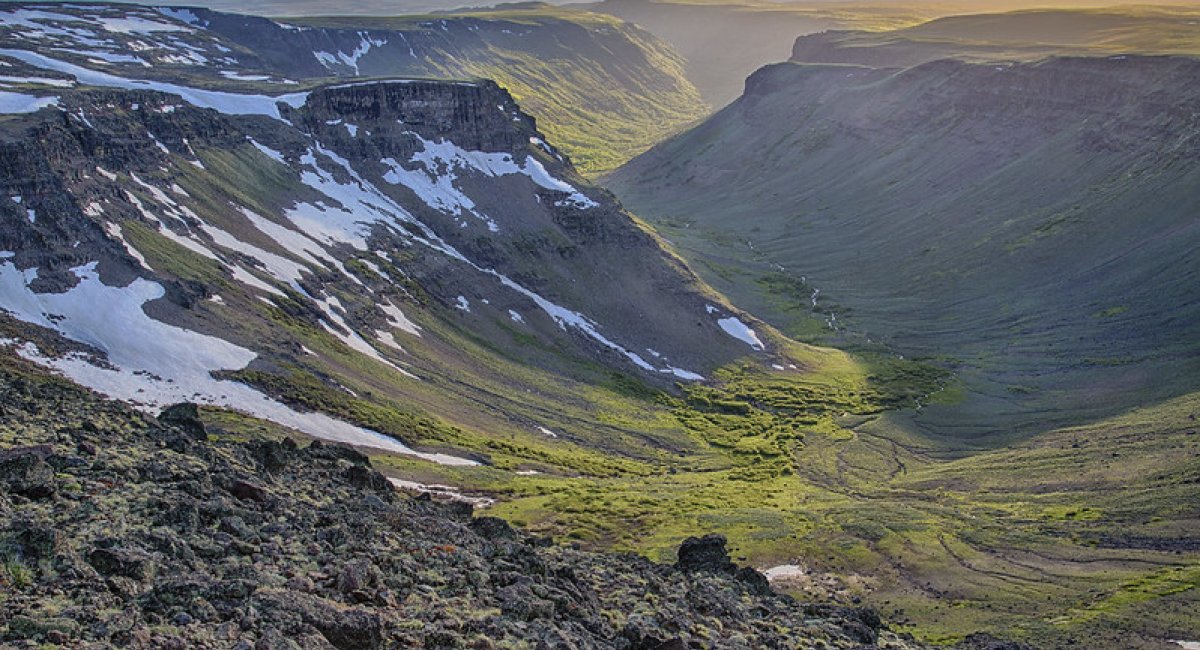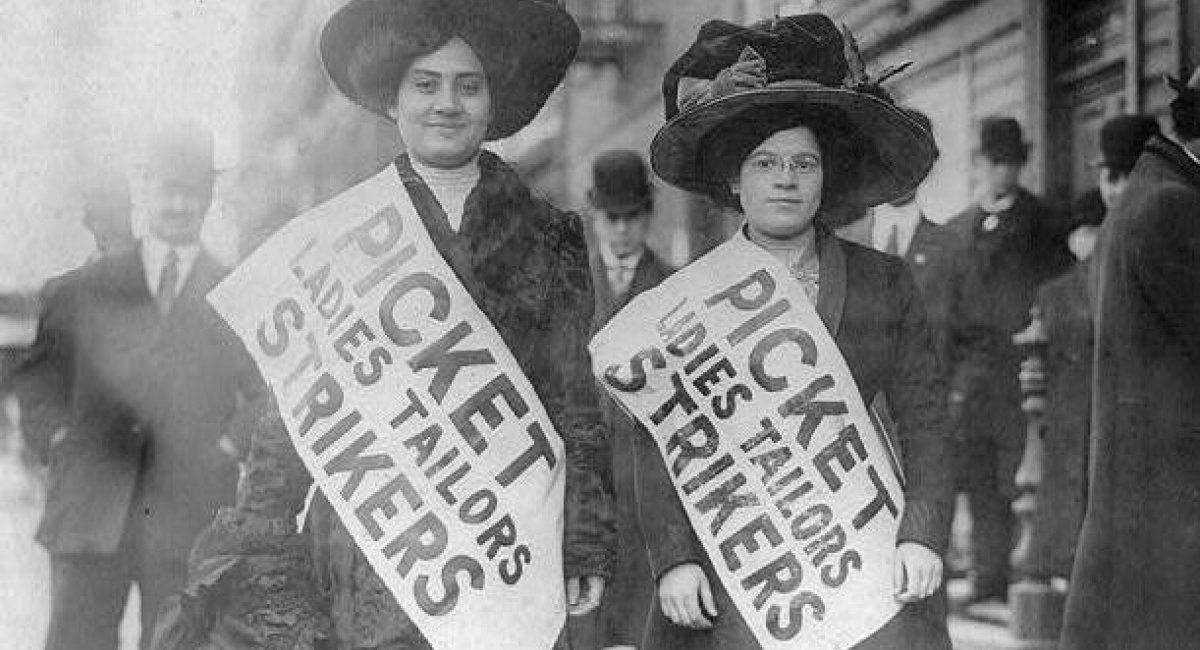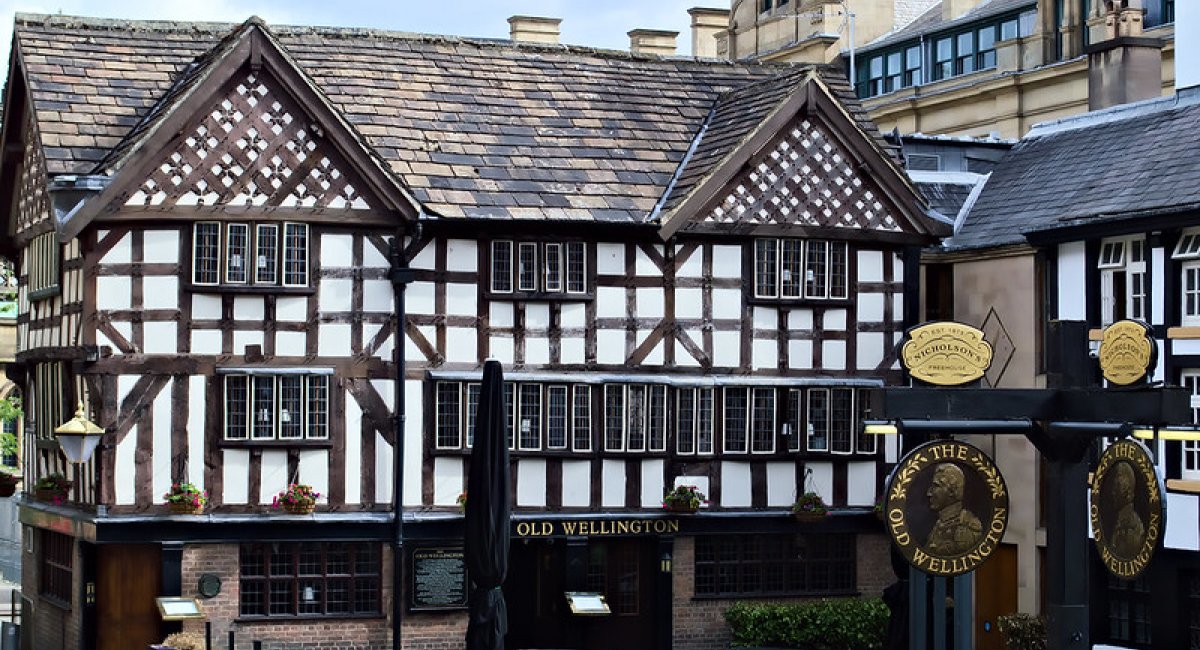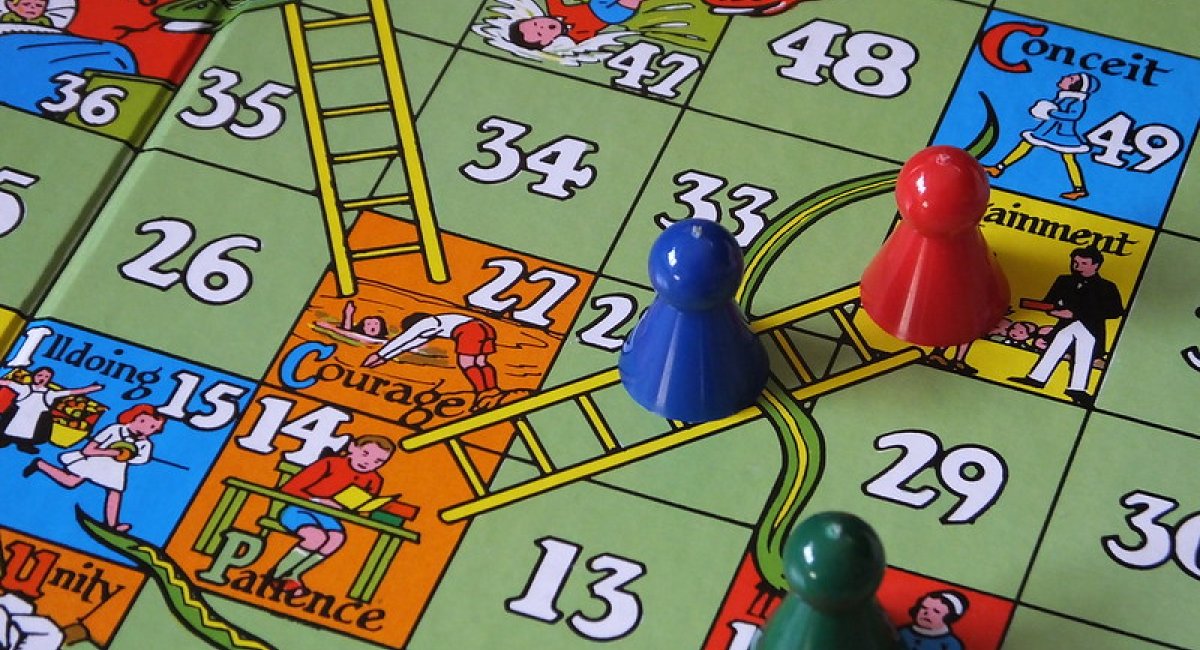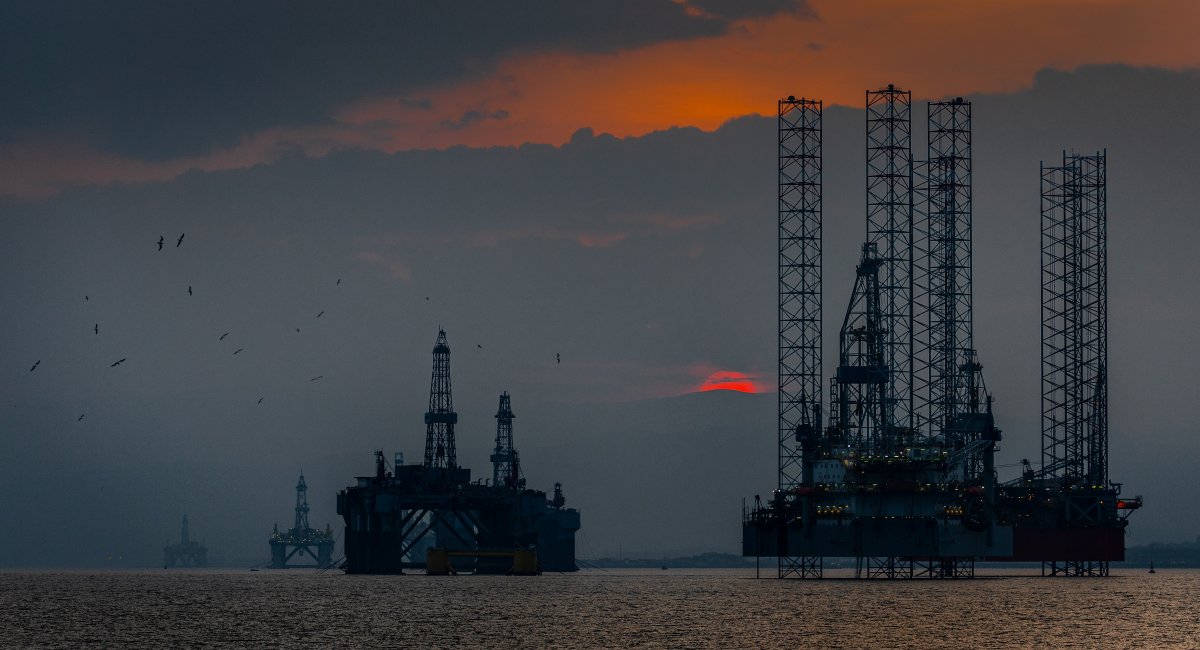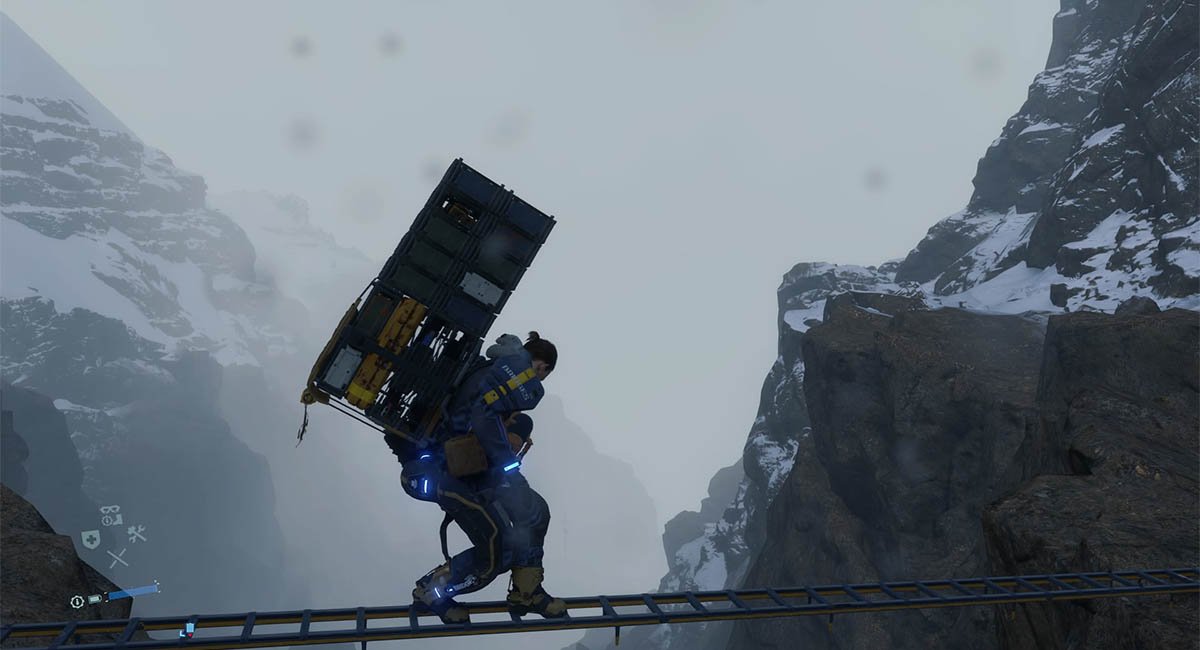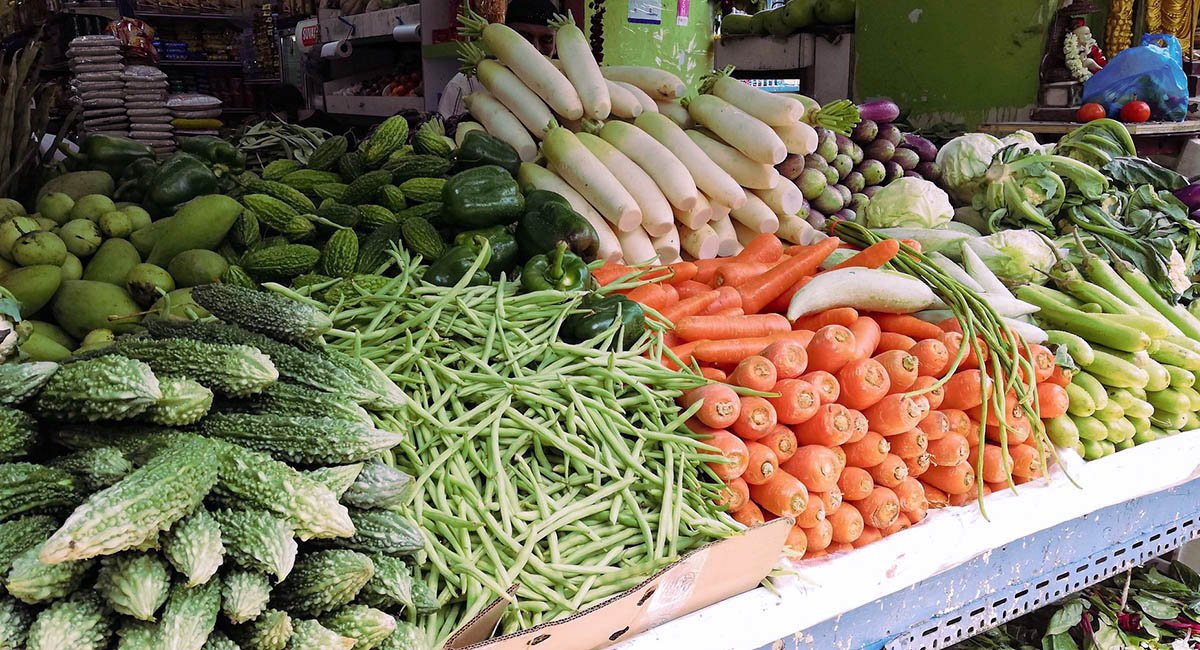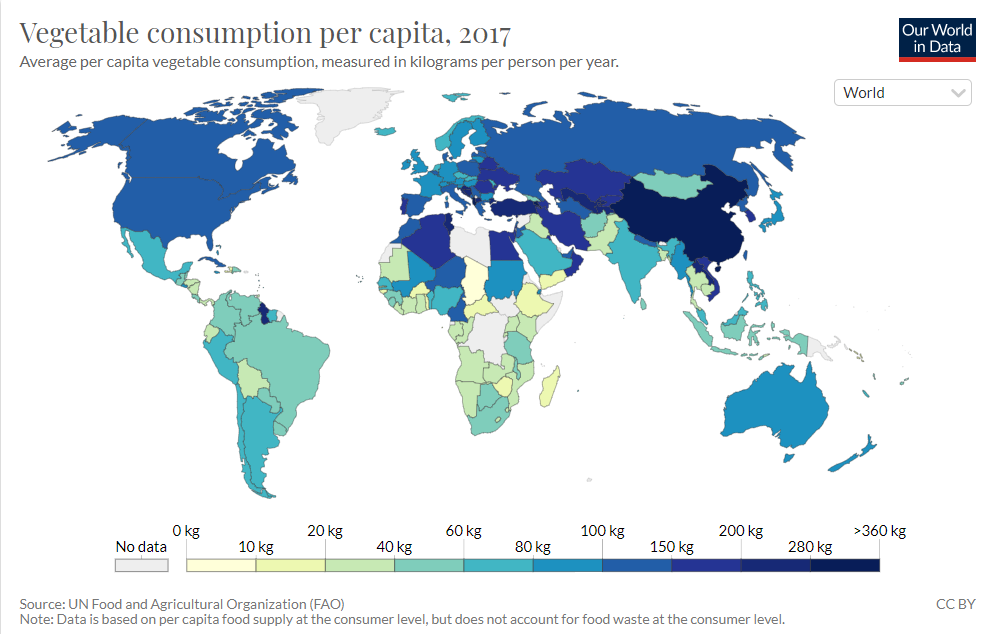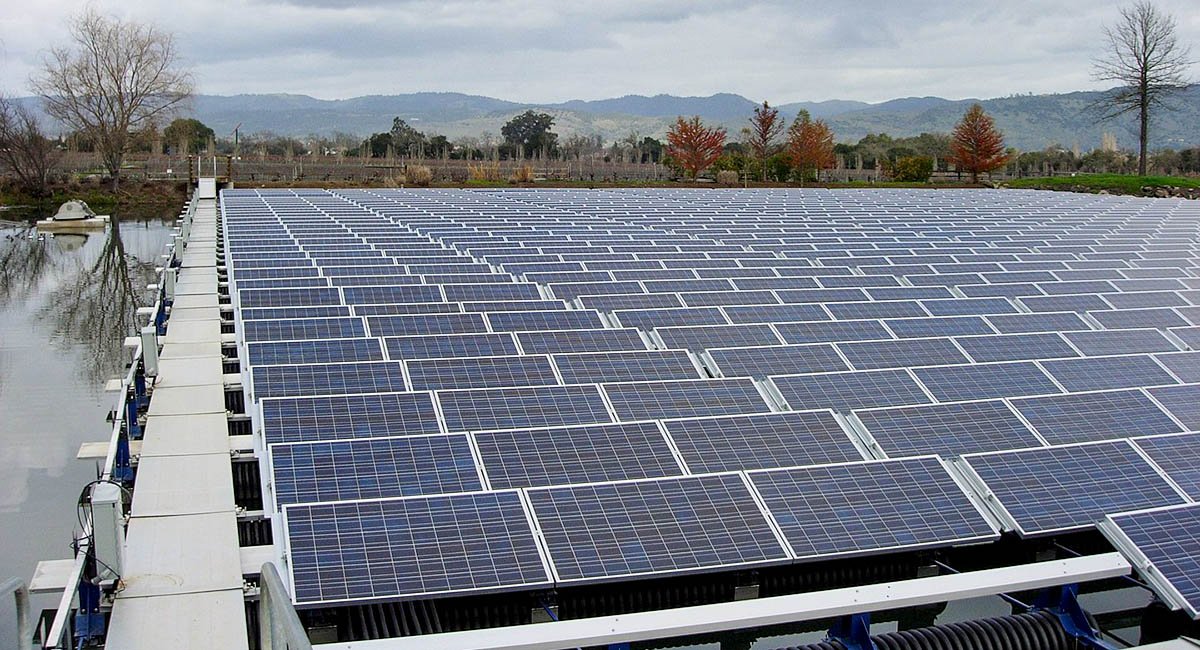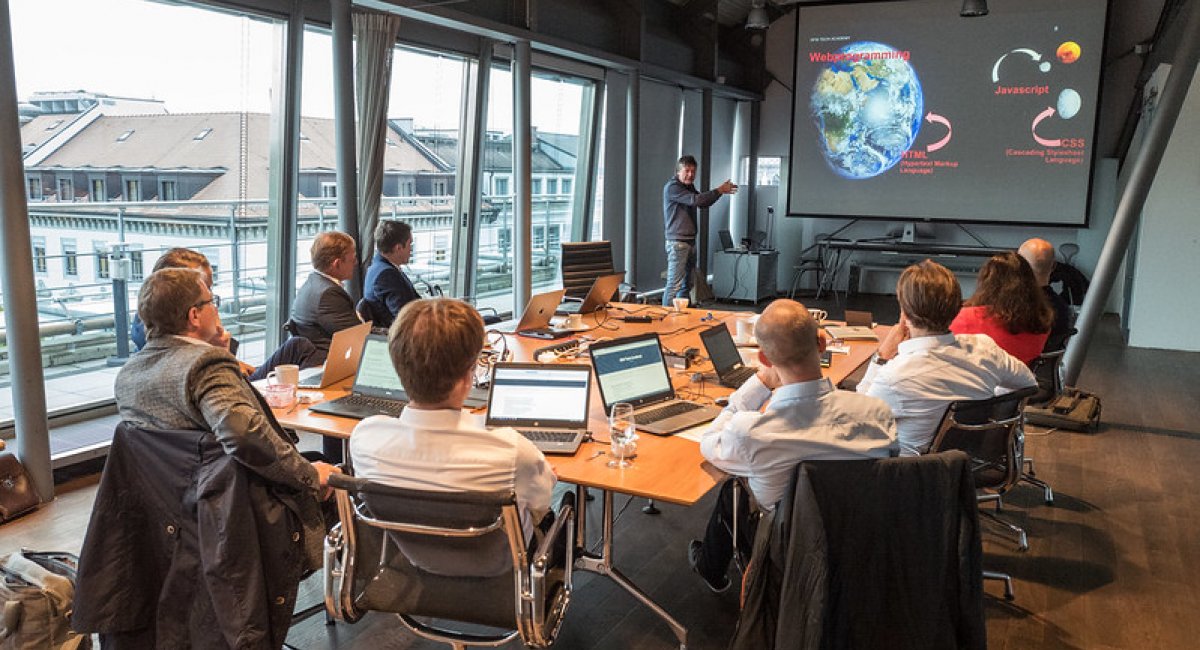Do we need to replace the GDP?
By Di, September 27 2022
The standard measure of economic performance, the gross domestic product (GDP), measures the value of goods and services produced within a country over a given period. However, the GDP doesn’t measure social factors like income inequality, domestic violence, drug addiction, or the impact of today’s actions on future generations. It also ignores sustainability and environmental destruction. It’s a very short-term view of market factors without respect to what’s happening on the social and environmental levels. As a result, the GDP gave us no warning of the impending global financial crisis in 2008.
But we continued to base our economic predictions on that metric. And it began to show economies recovering and growing—so everything’s going well again, right? But what if we factor in social and environmental realities?
Alternatives to the GDP, like the Fordham Index of Social Health (FISH), the Genuine Progress Indicator (GPI), and the United Nations Human Development Index (UNHDI), add social welfare and environmental health to the equation. They show that while the GDP has been rising, the other indicators have fallen. Since social welfare and environmental sustainability have a direct impact on the economy, it’s essential to include them in our assessment of economic health. Without them, we are heading straight for another crisis.


